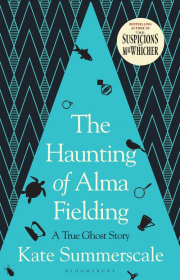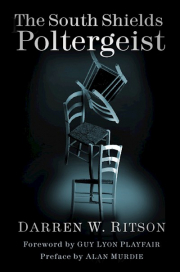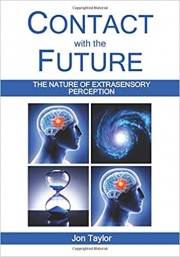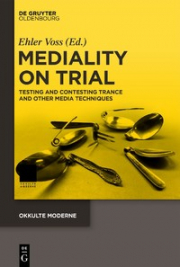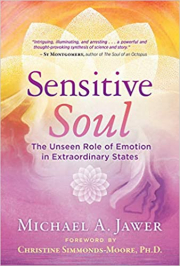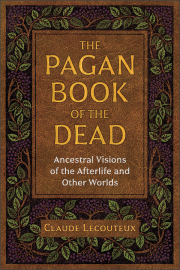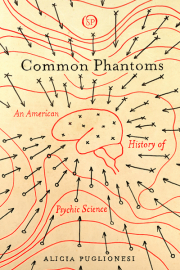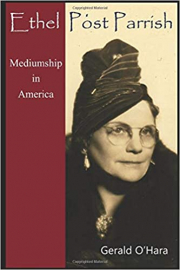From the publisher's website: London, 1938. Alma Fielding, an ordinary young woman, begins to experience supernatural events in her suburban home. Nandor Fodor – a Jewish-Hungarian refugee and chief ghost hunter for the International Institute for Psychical research – begins to investigate. In doing so he discovers a different and darker type of haunting: trauma, alienation, loss – and the foreshadowing of a nation's worst fears. As the spectre of Fascism lengthens over Europe, and as Fodor's obsession with the case deepens, Alma becomes ever more disturbed. With rigour, daring and insight, the award-winning pioneer of historical narrative non-fiction Kate Summerscale shadows Fodor's enquiry, delving into long-hidden archives to find the human story behind a very modern haunting.
Further information at the publisher's website: Bloomsbury.


